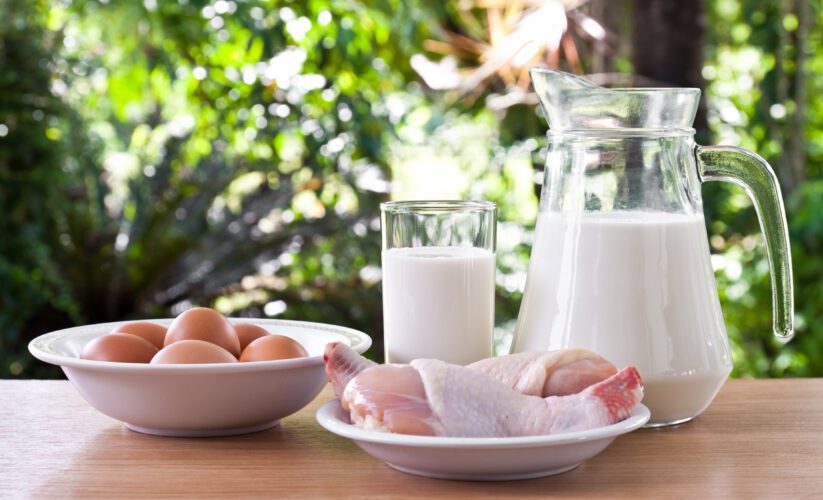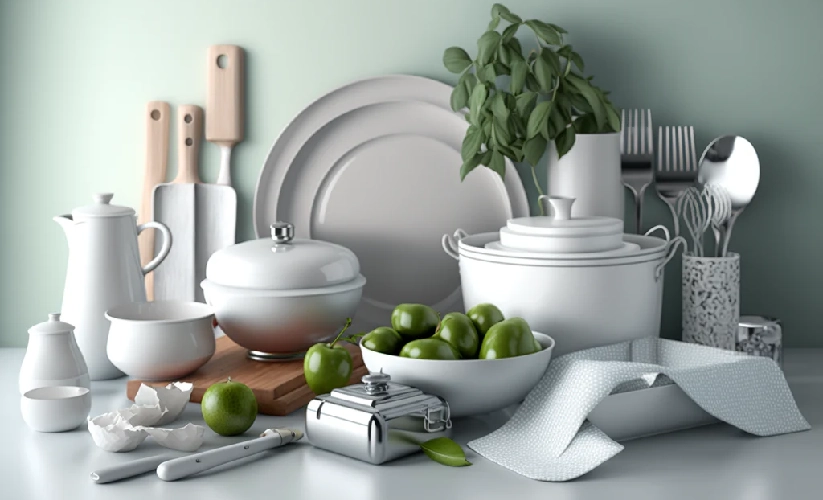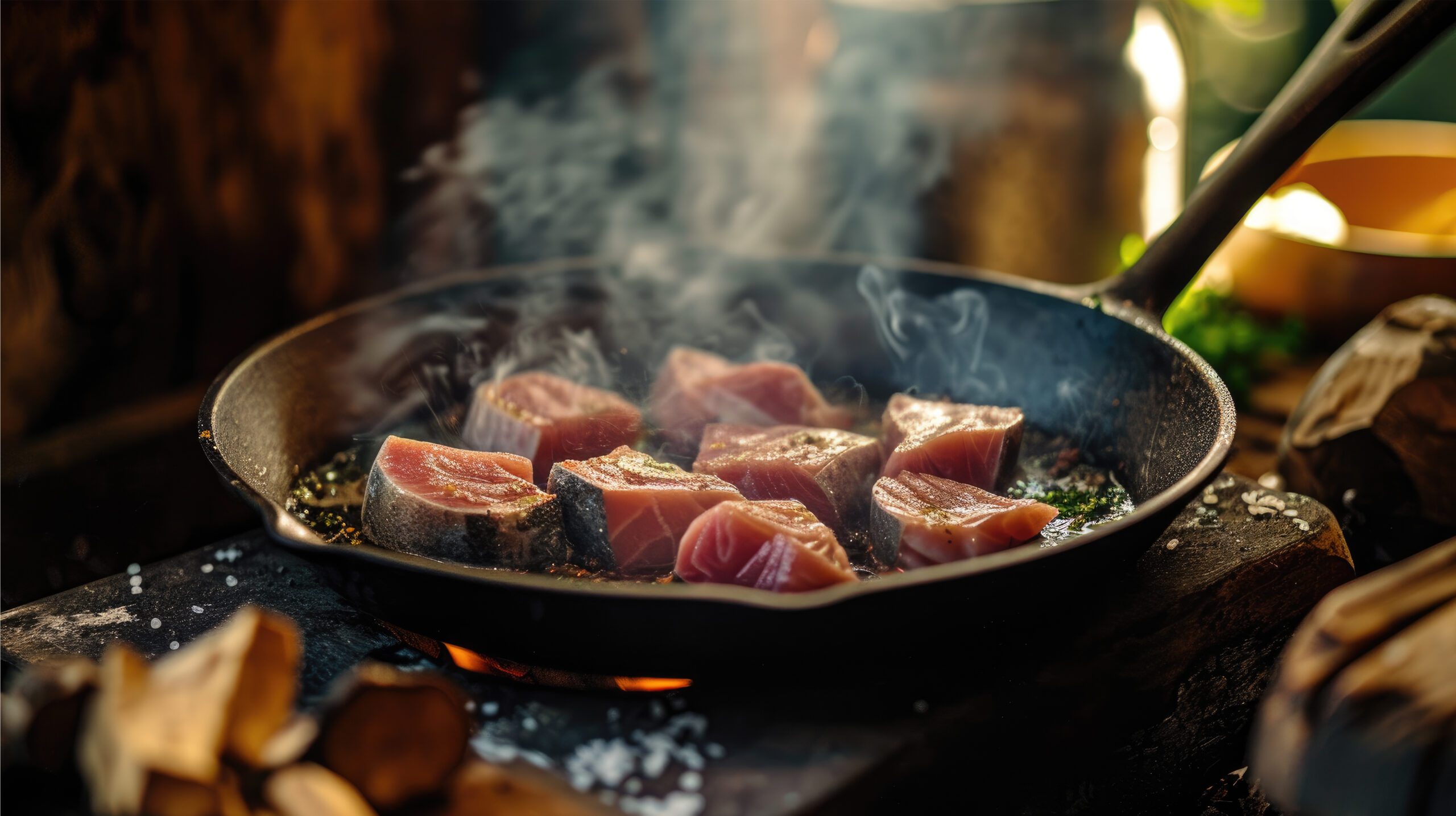Can You Cook Raw Meat with a Wooden Spoon?
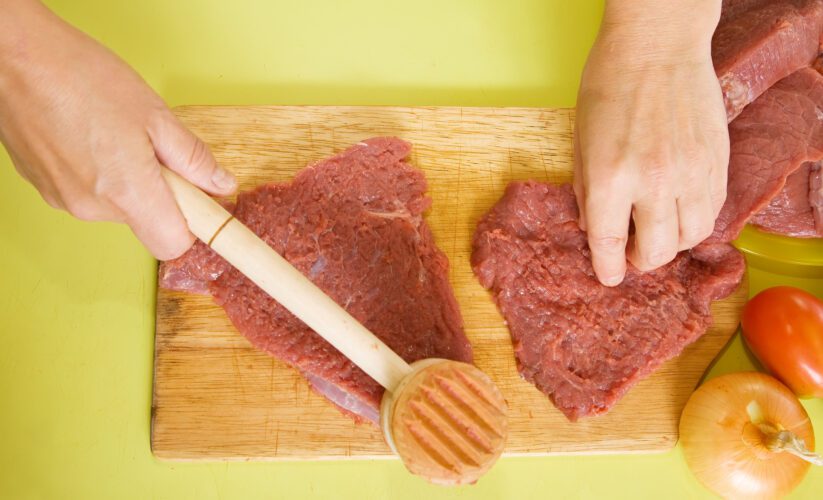
When it comes to cooking, especially with raw meat, safety and cleanliness are top priorities. From the moment you take your steak out of the fridge to the time you plate your delicious dinner, you want to make sure that every step is both safe and efficient. One question that often arises is whether it’s safe to cook raw meat with a wooden spoon. You’ve probably heard that wood can absorb bacteria, but is this true? And does it apply when cooking with raw meat?
Let’s dive into this topic and explore everything you need to know about using wooden spoons in the kitchen, particularly when cooking raw meat.
The Basics of Wooden Spoons in the Kitchen
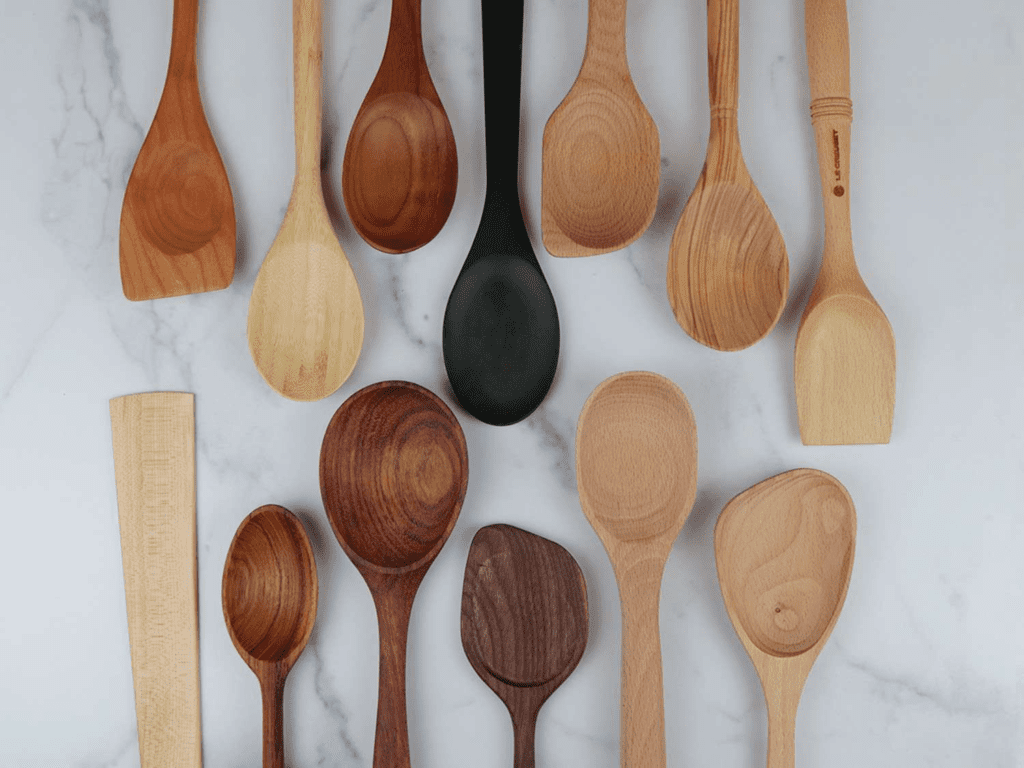
Wooden spoons have long been a staple in kitchens around the world. They’re durable, affordable, and, unlike metal utensils, won’t scratch your nonstick pans. Wooden spoons are gentle on cookware, making them ideal for stirring, mixing, and even sautéing. But when it comes to raw meat, there are a few additional considerations.
Do Wooden Spoons Absorb Bacteria?
One of the most common concerns with wooden spoons is their ability to absorb bacteria. Raw meat, especially poultry, beef, and pork, can carry harmful pathogens such as Salmonella, E. coli, and Campylobacter. When using utensils with raw meat, it’s crucial to be mindful of cross-contamination, which is why many people wonder if wooden spoons are more prone to bacteria absorption compared to other materials.
The truth is that wood is somewhat porous, which means it can absorb liquids and food particles more easily than metal or plastic utensils. However, the degree to which a wooden spoon can harbor bacteria depends largely on several factors: the age and condition of the wood, how well it’s been maintained, and how quickly you clean it after use.
A major point to remember is that raw meat and bacteria aren’t likely to live on a wooden spoon for long—especially if you clean it promptly. The key is to clean your utensils thoroughly after each use to prevent any lingering bacteria from sticking around.
How to Safely Use a Wooden Spoon When Cooking Raw Meat
While there are valid concerns about bacteria, the good news is that you can still safely use wooden spoons with raw meat by following a few simple guidelines.
1. Use Separate Spoons for Raw and Cooked Meat
The most effective way to avoid cross-contamination is to use separate utensils for raw and cooked foods. If you’re working with raw meat, designate a wooden spoon specifically for that purpose. Once the meat is cooked, wash the spoon thoroughly before using it for any other foods. This practice prevents any potential transfer of bacteria from the raw meat to other ingredients.
For example, if you’re cooking a stir-fry with raw chicken, use one spoon to stir the chicken while it cooks, and then set that spoon aside to be cleaned. If you plan to stir in vegetables or sauce, use a different clean spoon to avoid cross-contamination.
2. Wash Wooden Spoons Immediately After Use
After using a wooden spoon with raw meat, always wash it immediately with hot, soapy water. This helps prevent any food particles or bacteria from lingering. When washing wooden utensils, it’s important to avoid soaking them for extended periods, as this can cause the wood to swell and crack. Instead, give your spoon a quick wash and dry it thoroughly after each use.
If you want to go the extra mile in sanitizing your wooden spoon, you can also disinfect it with a mild bleach solution (one tablespoon of bleach to one gallon of water), or rub it with vinegar. This will help kill any remaining bacteria on the spoon’s surface.
3. Regularly Condition Wooden Spoons
Wooden spoons, like other wooden utensils, require occasional maintenance to stay in good shape. Over time, wood can become dry, brittle, and more prone to cracking, which may increase the likelihood of food particles and bacteria getting trapped in the cracks. To prevent this, regularly condition your wooden spoons with food-safe mineral oil or beeswax. This helps seal the pores in the wood, making it less likely to absorb moisture and bacteria.
4. Avoid Using Wooden Spoons for Raw Meat If They’re Damaged
If your wooden spoon has significant cracks or splits, it may be best to avoid using it for raw meat. Damaged spoons can trap food particles and bacteria, making them more difficult to clean thoroughly. If you notice your spoon is beginning to wear down, it may be time to replace it.
Are Wooden Spoons Safer Than Plastic or Metal Utensils?
Now, let’s compare wooden spoons with plastic and metal utensils. Both plastic and metal utensils have their own set of pros and cons when it comes to cooking raw meat.
Plastic Spoons
Plastic utensils, like wooden ones, are lightweight and non-reactive, making them a safe option for cooking. However, plastic is generally more porous than wood, which means it’s more likely to absorb food particles, including raw meat juices. Over time, plastic spoons can develop scratches or cracks that can trap bacteria, especially when exposed to high heat or repeated use.
In addition, plastic utensils may leach harmful chemicals, such as BPA (bisphenol A), when exposed to high heat. Though many plastic kitchen tools are BPA-free these days, it’s still a consideration to keep in mind.
Metal Spoons
Metal utensils are non-porous and much easier to sanitize than wooden or plastic spoons. They don’t absorb food particles or bacteria in the same way. However, they can sometimes scratch non-stick pans, and some metals, like aluminum, may react with acidic foods. But when it comes to handling raw meat, metal spoons are generally the most sanitary option.
That being said, metal spoons can still harbor bacteria if they’re not properly cleaned. Just like with wooden spoons, it’s essential to wash metal utensils thoroughly after use.
The Role of Heat in Killing Bacteria
Another key factor to consider when cooking raw meat is heat. Cooking meat to the appropriate internal temperature is one of the best ways to ensure it’s safe to eat. Bacteria such as Salmonella and E. coli are typically killed at temperatures above 165°F (74°C), which is the safe minimum internal temperature for most poultry, ground meat, and other meats.
When cooking raw meat, you may be using a wooden spoon to stir, flip, or move the meat around. As long as the meat is cooked thoroughly, any bacteria that may have been present will be killed by the heat. That means the primary concern with wooden spoons is cross-contamination before cooking, not the bacteria on the spoon itself after the meat is properly cooked.
Conclusion
Yes, it is generally safe to cook raw meat with a wooden spoon, as long as you take proper precautions. The most important things to keep in mind are cleanliness and preventing cross-contamination. By designating specific wooden spoons for raw meat, washing them immediately after use, and ensuring they are in good condition, you can safely use wooden spoons without worrying about bacteria buildup.
Remember, the safety of cooking with raw meat also depends on cooking it to the right temperature to kill any harmful bacteria and using separate utensils for raw and cooked foods will minimize any risk of cross-contamination. So, as long as you follow these guidelines, your wooden spoons can continue to be a valuable tool in your kitchen!

